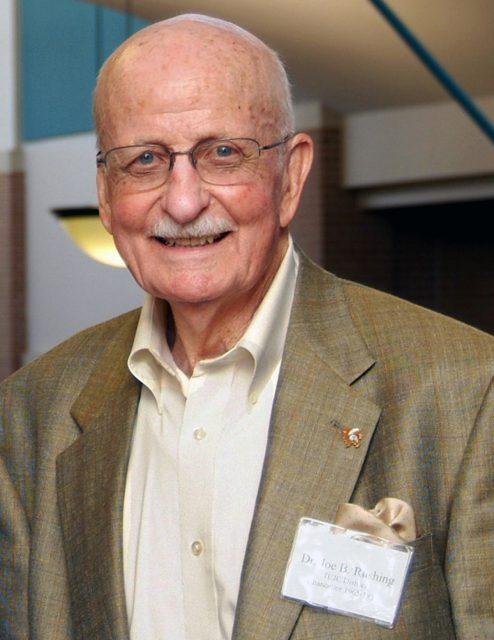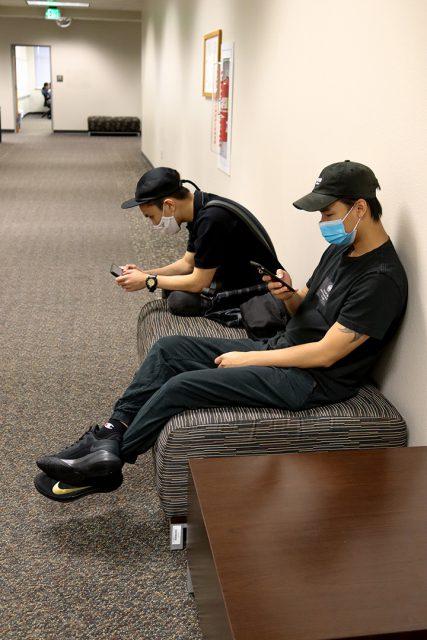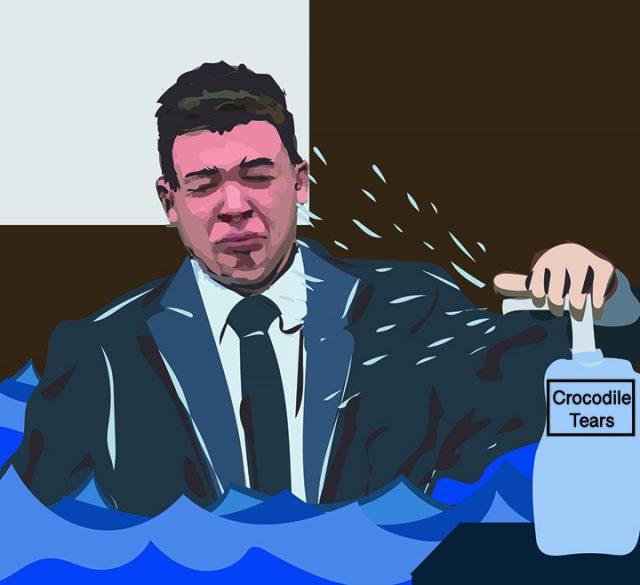Juan Salinas II
campus editor
Public higher education institutions have lost 304,600 people since January, according to the U.S. Bureau of Labor Statistics.
Despite a drop in unemployment to 4.6% in the monthly job report done by the U.S. Bureau of Labor Statistics, colleges around the nation are still feeling the effects of the labor shortage.
“It’s partly true that the current market environment has led to a decrease in college hiring,” NE economics professor Michael Kaluya said.
The current market favors the working force, Kaluya said. It causes corporations to raise their wages and provide better benefits to compete with other companies for the best employees, which colleges can’t compete with.
Kaluya also said the pandemic was a factor, due to the sudden change to doing almost everything online, from admissions to courses.
Before the pandemic — there were 4.7 million higher education jobs, but now, there are only nearly 4.1 million since December 2020, according to the U.S. Bureau of Labor.
NW career services coordinator Tracy Williams said this is reflective of what is going on outside the college and what is happening in the real world.
“There are a lot of jobs available post-pandemic, so there is more opportunities to choose from,” Williams said. “There are also life changes that students are experiencing that make them weigh their choices in life including the job they choose.”
According to the October federal jobs report, hourly wages have gone up by 5% from last year.
“Some of it may be that students do not realize the benefits available to them with working on campus, or maybe have not even heard there are great jobs open right here at TCC where they go to school,” Williams said.
Community colleges have seen a nearly 11% drop during the pandemic, according to the Texas Higher Education Coordinating Board.
Even with the drop in enrollment among community colleges, Williams explained how career services have an abundance of student applications for work-study jobs around TCC.
“It is more like a challenge finding the right person for the job,” she said.
Williams explained it has to do with positions requiring specific qualifications and the issue of keeping the student on staff.
Kaluya has not been able to find staff for TCC’s high growth student enrollment areas like dual credit and early college high schools.
“There is a lot of bureaucratic linings for some of these hirings to take shape,” Kaluya said.
An administrative assistant who wished to remain anonymous due to fear of retaliation expressed her frustration with her workload. She said she is doing the duty of five admins and is near burnout and is thinking of finding a new job.
“This used to be a great job,” she said. “Love the people, the students and the atmosphere.
It does not pay as well as the private sector, but it has benefits that made up for the lower pay. I am hanging on right now to see if things improve.”
She said she was not thrilled to hear about Chancellor Eugene Giovannini’s recent raise in a board meeting a week ago.
“That is disturbing as hard as I am working for no extra pay — or appreciation,” she said.




































